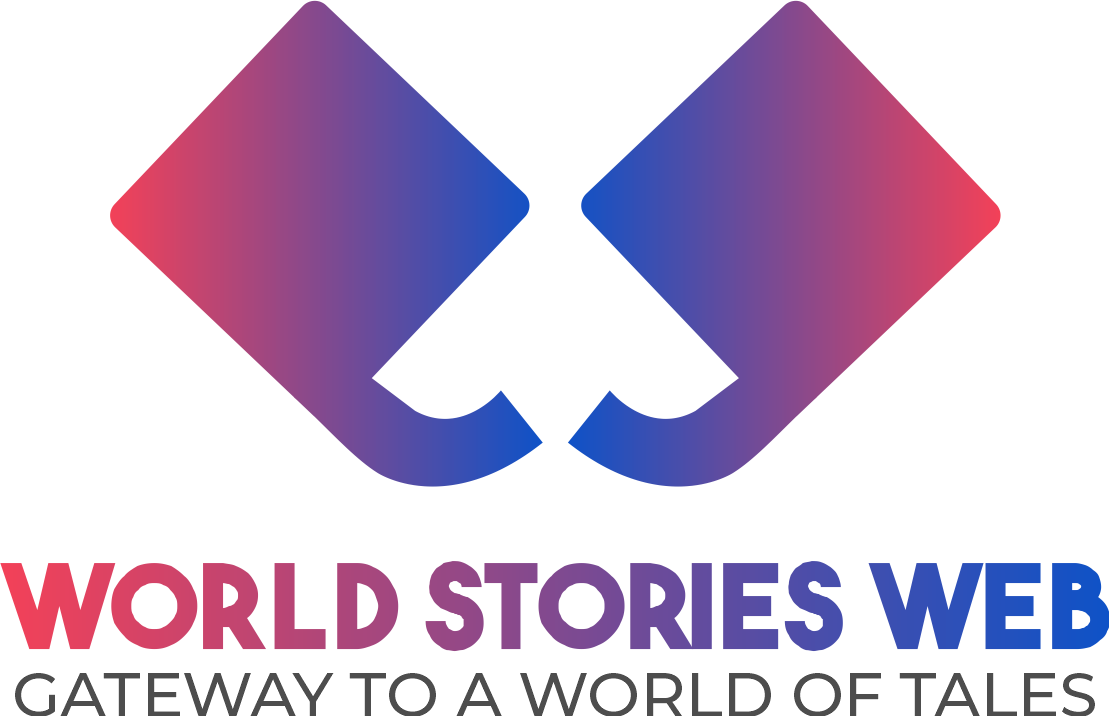
It seems we are bombarded day after day with contention, tension, and constant negativity. Whether news, social media, or conversation among coworkers and acquaintances, issues in the world seem to burden more than ever. From politics and economics to climate anxiety and personal problems, the atmosphere is thick with discontent. And frankly, I’m exhausted.
This isn’t to imply we should ignore real issues in our world. Defining issues is many times the first step toward fixing them. What gets exhausting for me is that we continue to inflate and militarise these issues, so our culture is more about anger and fear than not. It’s not just that we have issues; it’s that we define our issues in a particular tone and bring a particular energy to our approach toward others.
Social media, in particular, has become an outrage breeding ground. While it’s a useful tool for connectedness and consciousness, it tends to feed and fuel polarisation. Algorithms provide more of what we engage with, and all too often, that’s content designed to provoke rather than educate or inspire. We are overwhelmed by clickbait titles, polar opposite opinions, and unlimited judgment and critique. The result? A sense of overwhelm, despair, and mental fatigue.
Even in close relationships, I’ve noticed a growing tendency toward defensiveness and mistrust. We are preparing for battle or expecting to be misinterpreted. What could be opportunities for connecting become fields for moral or ideological victory? There’s not room for subtlety, for leniency, or even for listening.
The tragedy is that all this negativeness more often than not covers something more profound: a desire to be safe, to be heard, and to be hopeful. Everyone’s hurting—about something, anyway: emotionally, economically, spiritually—but we respond by going into our respective camps, figuring that “the other” is where all the problems exist. We forget the reality that underneath each opinion exists a person, and underneath each person exists a story.
It’s time to start again. Kindness must be a marker of strength, not weakness. Conversations must begin out of curiosity, not judgment. Disagreeing must be learned without losing our humanness. These revolutions aren’t about grand gestures; they begin out of small choices—choosing to listen, choosing to serve, choosing to speak kindly even in anger.
Optimism has nothing to do with putting on a good face. Optimism is embracing hope even when all hope seems absent. Optimism is believing beyond all chatter that good exists in this world, though not very often in very obvious forms. It’s in a neighbour’s smile, a stranger’s kindness, a belly laugh shared with someone you love. These aren’t news makers, yet they sustain. They remind us what matters.
I’m weary of existing in a world where harmful division is the norm. I’m weary of fear being marketed instead of truth and outrage being confused with courage. I long for a world where individuals strive for understanding instead of victory, for compassion instead of critique, and for unity instead of isolation.
Maybe we cannot change the world in a day, but we can change the energy we bring to it. We can step out of all the noise when it becomes too much. We can choose to be a source of peace in all chaos. And doing so, we might just inspire others to do so. Because at the end of it all, we all yearn for the same thing: peace. And it starts and ends with each one of us deciding that the conflict and negativity aren’t going to call home in us anymore.
Disclaimer
Views expressed above are the author’s own.
END OF ARTICLE






